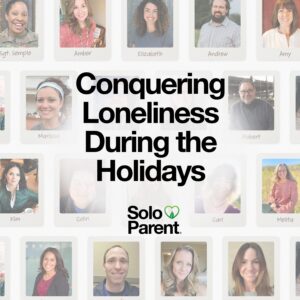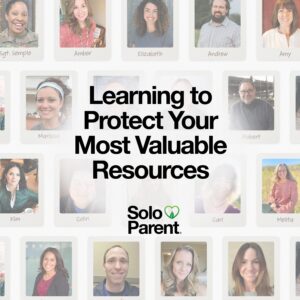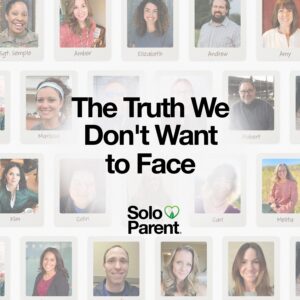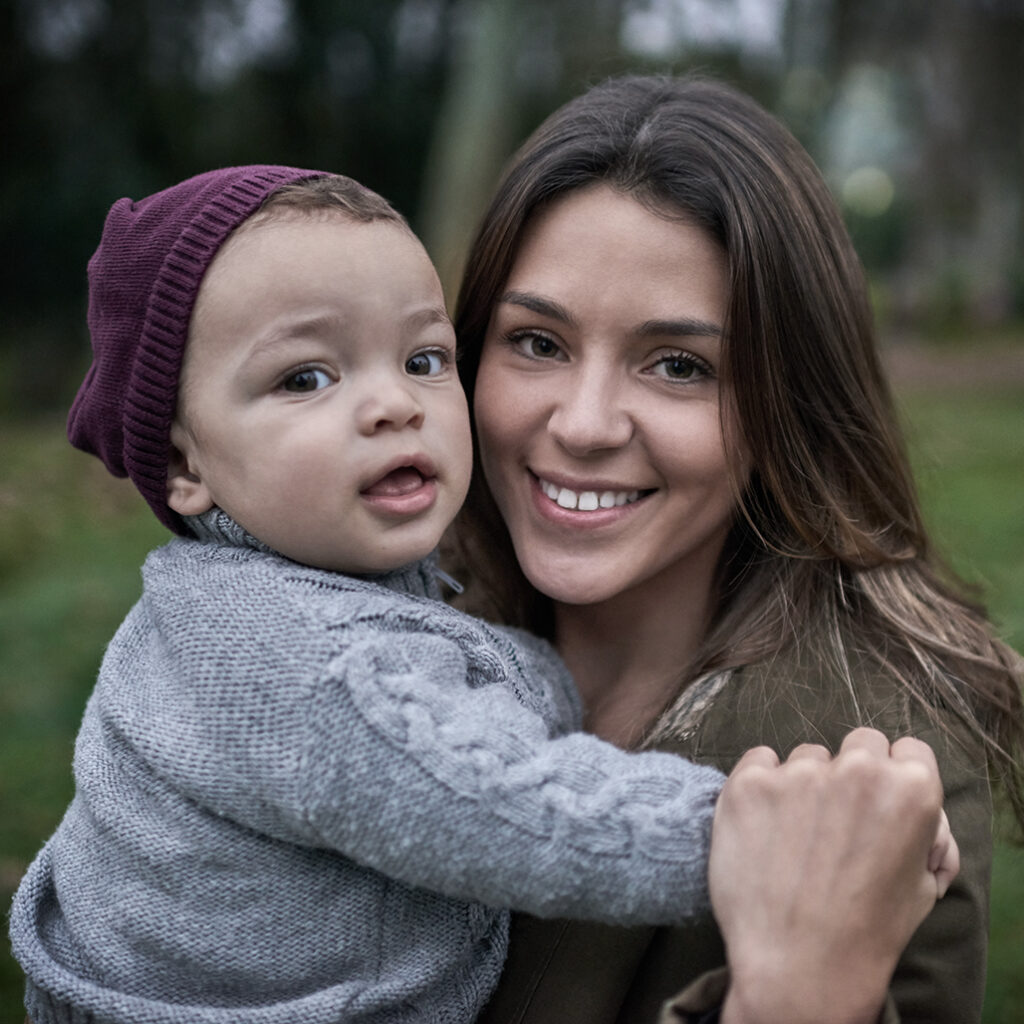There’s a point in every solo parent’s journey when survival mode stops being helpful. You’ve built walls, learned routines, and clung to habits that once kept you safe. But over time, the same walls that gave you stability can start to trap you. What once protected you may now be keeping you from truly living.
Many single parents find themselves caught in this tension, between the comfort of control and the longing to grow. It’s not wrong to want safety. After loss, betrayal, or upheaval, safety becomes sacred. But if you never risk stepping outside of that safe zone, you may never experience the healing, connection, and adventure that are waiting for you.
In this episode, Robert, Elizabeth, and Amber Fuller, a counselor with a Masters in Marriage and Family Therapy (MMFT), talk about how self-preservation can quietly become self-limiting, why safety isn’t the same as thriving, and what it takes to honor your past while choosing a freer, fuller future.
Key Insights from This Episode
- Self-preservation has a purpose, but it’s not meant to last forever.
- Feeling safe is not the same as living fully.
- Healing happens when you honor what protected you, and then let it evolve.
Self-preservation has a purpose, but it’s not meant to last forever.
When pain hits, we do what we must to survive. We find patterns that make life feel bearable again. Maybe it’s keeping to yourself, relying on the same friends, or sticking to one predictable routine. As Amber explains, “Those walls may have kept you safe, but they can also keep out the very things that could heal you.”
Elizabeth shares how this looked in her own life. After a difficult season, she found comfort walking the same route through her neighborhood each day. It was a small, safe way to regulate her emotions and breathe again. But after a while, she realized it had become more than a habit, it was a form of hiding. “I noticed I was staying in my safe place a little too long,” she says. “What felt nourishing at first was starting to keep me stuck.”
That’s how it happens for many single parents. Safety becomes the goal instead of the foundation. We tell ourselves we’re protecting our peace, when in truth, we’re protecting our fear.
Amber reminds us, “You may get stuck in the idea of never again moments, ‘I’ll never trust anyone again,’ ‘I’ll never go back to church,’ ‘I’ll never date.’ Those vows feel protective, but they can quietly create isolation instead of safety.”
Feeling safe is not the same as living fully.
Safety can be stabilizing, it helps you regain your footing after crisis, but it’s not the same as thriving. Thriving asks for openness. It means saying yes to uncertainty, to new people, to risk.
Amber reflects on a relationship she stayed in longer than she should have. “It felt comfortable and safe,” she says. “But I knew deep down it wasn’t helping me grow. I stayed because I wasn’t ready to experience loss again. But staying kept me from something that could have been better.”
Robert relates to that. As a single dad, he built his world around his daughters for years, keeping dating off the table completely. “It was the right decision at first,” he shares. “But eventually, that pattern became about comfort, not calling. I realized my girls needed to see me take risks and trust again. That’s when I knew it was time to move forward.”
Safety and thriving aren’t opposites, they just serve different purposes. Safety is the soil. Thriving is what grows from it.
Healing happens when you honor what protected you, and then let it evolve.
Amber offers a simple four-part framework: Reflect, Reassess, Release, Replace.
Reflect on what protected you. Reassess whether it still serves you. Release what keeps you stuck. Replace it with something new that stretches you toward growth.
Elizabeth puts this into practice with her walking story. “At first, those walks helped me feel safe,” she says. “But when I noticed I didn’t need them in the same way anymore, I tried a new route. I realized I could push myself without losing my sense of safety.”
That’s the beauty of healing, it’s not about abandoning what helped you survive. It’s about letting it evolve into something that helps you live.
Amber adds, “When we lower the walls that once protected us, we make space for connection, curiosity, and hope to flow back in.”
Robert sums it up well: “You’re not done with safety when you move forward—you’re just learning how to carry it with you.”
Listener Question
“What do I do when my married friends don’t understand what single parenting is really like?”
Robert: “I think most of us have felt misunderstood. There are so many assumptions made about single parents, and that can be exhausting. For me, I learned to stop explaining myself. I tried to give grace, of course they don’t understand this. I focused on the relationships that were still healthy and didn’t try to fix the ones that weren’t.”
Amber: “I like to give people a window into my world. It helps them see things differently, even if just a little. I don’t expect them to fully understand, but I try to help them see what I carry.”
Elizabeth: “I’ve had friends who will never fully get it, but they show up. They don’t try to relate, they just help. That’s what matters.”
Robert closes with a reminder that single parents don’t have to depend on understanding from everyone. “When you’re part of a Solo Parent group, you already have people who get it. That takes the pressure off your other relationships.”
Stay Connected + Get Support
We want to answer any Solo Parent questions you may have. Submit your listener questions HERE.
Additional Resources:




